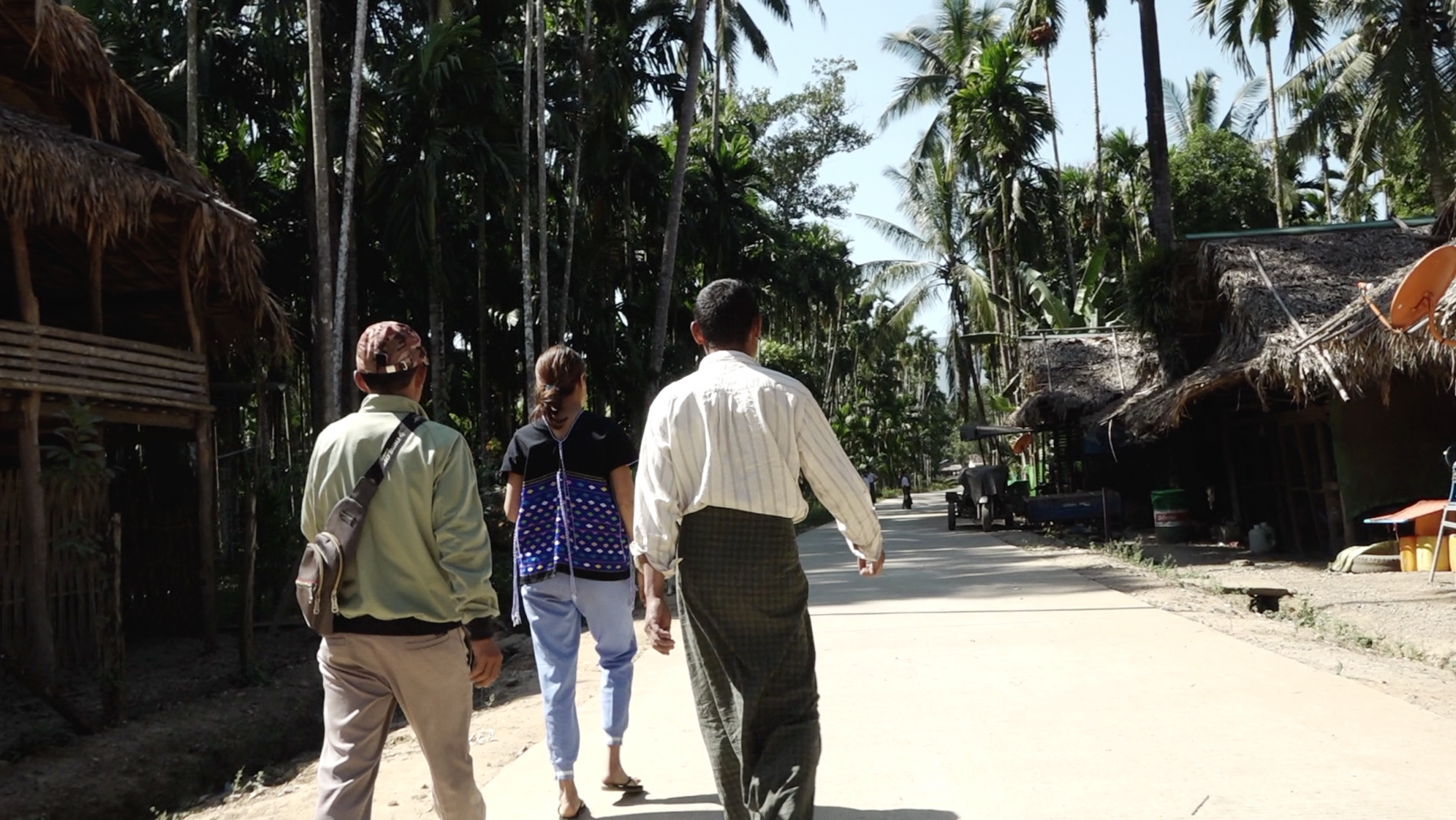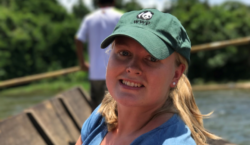
The Danish window company Velux is, with help of The Worldwide Fund for Nature in Denmark (WWF), paying back the carbon emitted since the company’s start in 1941 through forest conservation projects in places like Myanmar.
Velux is one of the world’s premier skylight makers with an extensive market in the US and a company that is not only pledging to reach net-zero carbon emissions in the coming decades but also pledging to address its legacy emissions dating back to when they were a small Copenhagen workshop using hand tools in the 1940s.
Velux and WWF have identified Myanmar and Uganda as being biodiversity hot spots with high rates of deforestation and their Southeast Asian project will take place in the Dawna Tenasserim Landscape in southeast Myanmar. The Dawna Tenasserim Landscape is an area with many Indigenous communities and the highest population of tigers in Asia. The project aims to make Myanmar a conversation success story.
According to CEO David Briggs, Velux aims to repay the company’s historical carbon emission completely and by 2041 so when the company is 100 years old, Velux has taken out as much CO2 of the atmosphere as they have put into it directly in those 100 years.
Through a huge methodology, Velux has calculated that the company has contributed 5.6 million tons of carbon and in cooperation with WWF, Velux is funding the forest conservation projects.
Sofie Tind Nielsen, senior forest adviser at WWF Denmark says to Public Radio International, that to help meet Velux’s carbon goals, they will plan a conservation project like they normally would and then calculate the carbon benefit, making sure everything adds up to 5.6 million tons in the end.
According to Gaurav Gupta, who is helping plan the projects for WWF Myanmar, stopping deforestation in the Dawna Tenasserim region is a complicated task that starts by understanding what Indigenous communities need and how they value the forests that surround them.
The project will help communities advocate for their land rights, plant nurseries, and patrol their forests to reduce illegal logging, and help people find markets for things that don’t require forest cutting, such as a root vegetable called elephant foot yam.
Read the full article from Public Radio International here


